Madagascar
As dawn breaks in Antananarivo, streams of people begin their daily climb to the city's public fountains to collect enough water to wash or earn a few pennies, with Madagascar's upcoming election one of the last things on their minds.
Many homes in the country's capital do not have access to the precious resource, making it unsurprising that some feel they have more pressing needs than the presidential vote on Thursday.
Part of the opposition has denounced irregularities and called for a boycott of the vote, while President Andry Rajoelina has said he is sure to be re-elected in the first round.
Almost daily protests have shaken the capital and the wider country for weeks, amid high political tensions.
Yet, to many in what is one of the poorest countries in the world, what happens on November 16 does not matter.
"No one sees us," Olivier Randrianatenaina, a disillusioned 19-year-old collecting water told AFP.
He said he might go to vote, but "doesn't hope for much".
Wearing flip-flops and shorts, every day he collects empty 20-litre water canisters from customers, fills them up at the city's water points and brings them back.
He pockets the equivalent of up to $0.20 per delivery depending on distance and elevation -- in what is a hilly city.
Porters often join forces, stacking water tanks onto heavy carts that are pulled along the narrow streets.
Only about one in two people in the Indian Ocean island nation has access to water and just over one in 10 to basic sanitation services, according to the World Bank.
Hampered by ageing infrastructure, state-owned utility company Jirama is unable to meet the needs of the 3.4 million people living in and around Antananarivo.
- 'The poor stay poor' -
"When we want to wash, we take water from the public fountain and we use buckets," said shopkeeper Louise Razanajafy, 58, while wearily chasing away a fly.
Her grocery store made of wood slats, with a piece of sheet metal as an awning, is in one of the city's lower districts. Located at the foot of the hill, they are generally poor and more prone to infrastructure breakdowns.
A handwritten sign in the store extolled the virtues of vegetable soup but only an emaciated plate of noodles and some fried eggs were on display.
"Sometimes, we don't even know why the water cuts off," said Salvina Raharivony, 23, who mans the district's water point.
Nearby a woman sat on the pavement as she peeled beans before selling them.
A baby clung to her breast, while a rooster crowed from atop a dumpster and stray dogs prowled around.
On the other side of the road some taxi drivers were using the water to wash their vehicles, while others fixed a broken door.
"Almost everything is hard" in Madagascar, said Barry Randriandimby, an unemployed local.
The 37-year-old said he was still single, adding "that's why I'm able to get by".
He said he wouldn't vote in Thursday's election.
"Those who are elected end up leaving with a big pile of money. And the poor, they stay poor," he added.




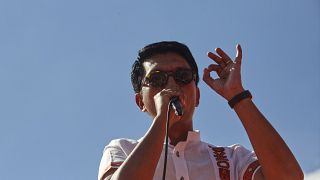
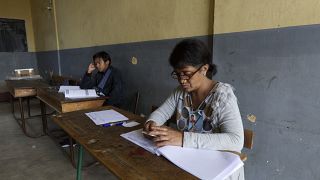
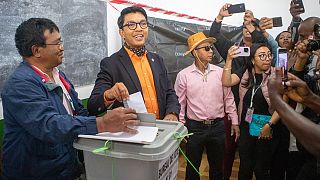
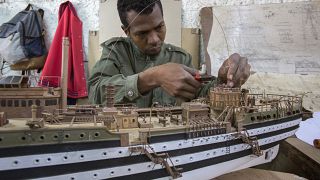

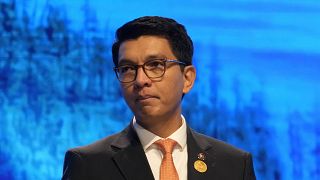

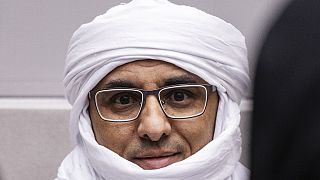
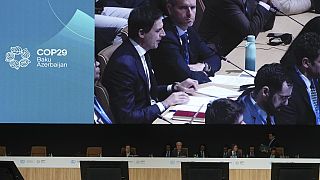
01:16
Ugandan opposition politician kidnapped and jailed, his wife says
01:08
Mozambique: Opposition leader Venancio Mondlane faces legal action
01:10
Senegal parliamentary elections: Polls open, over 7 million expected to vote
01:03
Senegal’s legislative elections: Prime minister calls for retaliation against “attacks” on supporter
00:58
Voting underway in Somalia's breakaway region of Somaliland
00:55
Mauritius' opposition coalition wins parliamentary election with 60 out of 62 seats